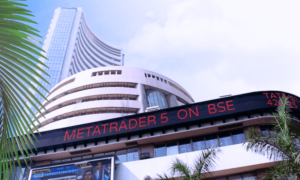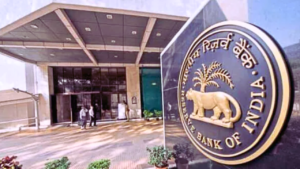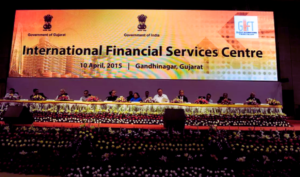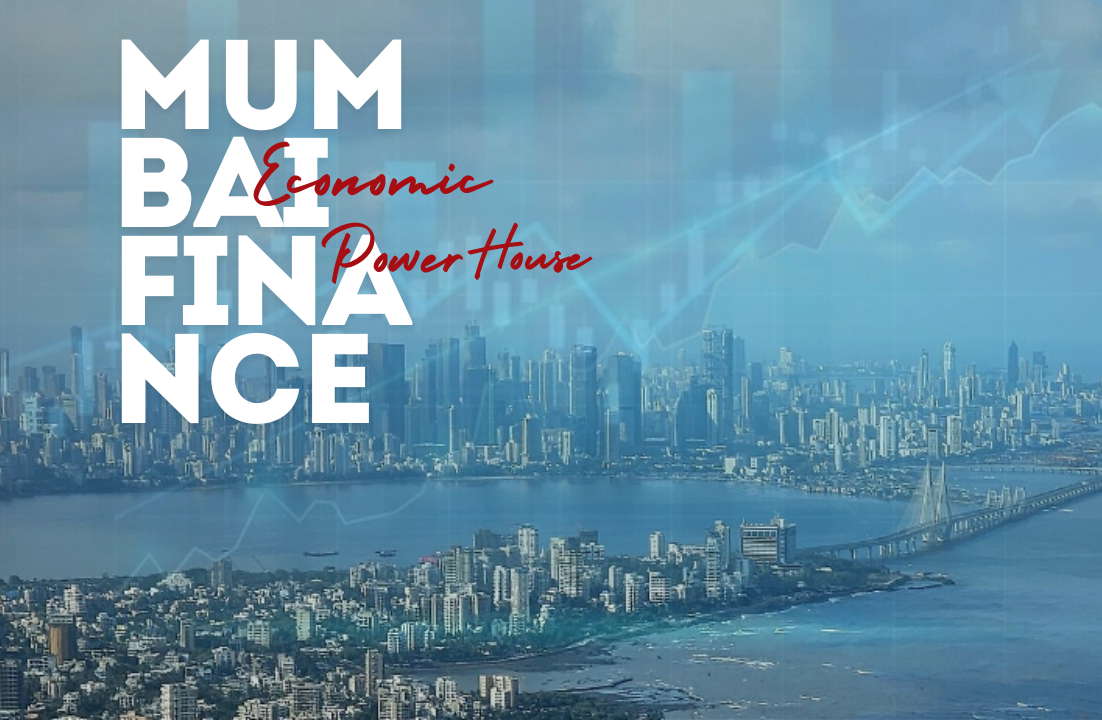Introduction
Mumbai, often referred to as the financial capital of India, plays a vital role in the country’s economy. With its busy stock exchanges, major financial institutions, and a dynamic business environment, Mumbai is a symbol of economic prowess. In this detailed article, we will discuss the intricacies of Mumbai’s finance sector, exploring its key components, key players, and the factors that contribute to its success.
The backbone of Mumbai’s economy

Mumbai Stock Exchange: The hub of trad
The Bombay Stock Exchange (BSE) and the National Stock Exchange (NSE) are the lifelines of Mumbai’s financial ecosystem. Established in 1875, the BSE is Asia’s oldest stock exchange, boasting a legacy of facilitating trade and investment. The NSE, on the other hand, revolutionized the market with electronic trading, making it one of the most advanced exchanges globally. These platforms not only enable stock trading but also act as a barometer of the country’s economic health.
Banking sector: The financial nerve center
Mumbai houses the headquarters of major banks such as the Reserve Bank of India (RBI), State Bank of India (SBI) and several private sector banks. RBI, being the central bank, regulates monetary policy while ensuring financial stability. SBI, the largest public sector bank, along with private giants such as HDFC Bank and ICICI Bank, drive the banking landscape, offering a myriad of services ranging from retail banking to corporate financing.
Major Financial Districts in Mumbai

Nariman Point: The Traditional Hub
Nariman Point, once the prime business district, still holds significant importance today. It houses many corporate offices, government institutions and financial firms. Despite the emergence of new districts, Nariman Point remains a prestigious address, symbolising the legacy of Mumbai’s financial journey.
Bandra-Kurla Complex (BKC): The Modern Financial Hub
BKC has emerged as Mumbai’s contemporary financial hub. With state-of-the-art infrastructure and strategic location, it attracts multinational corporations, investment banks and financial services firms. The Mumbai Metropolitan Region Development Authority (MMRDA) has played a key role in developing BKC as a vibrant business district that meets the modern demands of global finance.
Major Financial Institutions and Their Roles

Reserve Bank of India (RBI)
As the central bank, the RBI controls the country’s monetary policy, manages the foreign exchange and oversees the functioning of the banking sector. Its policies and decisions significantly impact Mumbai’s financial landscape, affecting everything from interest rates to inflation control.
Securities and Exchange Board of India (SEBI)
SEBI is the regulatory authority for securities markets in India. It ensures investor protection, promotes fair trade practices and fosters market development. SEBI’s presence in Mumbai underlines the city’s role as the regulatory and operational hub of India’s financial markets.
Life Insurance Corporation of India (LIC)
LIC, headquartered in Mumbai, is India’s largest insurance company. It offers a range of life insurance products, contributing significantly to the financial security of millions of people. LIC’s investments also play a vital role in financing infrastructure and development projects across the country.
Mumbai’s Role in Global Finance

International Financial Services Centre (IFSC)
The IFSC at GIFT City in Gujarat is designed to position India on the global financial map. However, Mumbai continues to be a significant player in international finance, with many multinational banks and financial institutions operating from there. The city’s time zone advantage, skilled workforce and robust infrastructure make it a preferred destination for global financial activities.
Foreign Direct Investment (FDI) and Multinational Corporations
Mumbai attracts substantial FDI, strengthening its economic position. Multinationals such as Goldman Sachs, JPMorgan and Morgan Stanley have set up significant operations in the city, leveraging its strategic advantages and contributing to the vibrancy of its financial ecosystem.
Emerging trends and future prospects

Fintech revolution
Mumbai is at the forefront of the fintech revolution in India. Startups and established financial institutions are leveraging technology to innovate and provide cutting-edge financial services. From digital payments to blockchain applications, Mumbai’s fintech landscape is rapidly evolving, promising improved efficiency and customer experience.
Sustainable finance
With the growing focus on environmental, social, and governance (ESG) norms, sustainable finance is gaining popularity in Mumbai. Financial institutions are integrating ESG principles into their operations, promoting investments that contribute to sustainable development. This shift is in line with global trends, reinforcing Mumbai’s position as a forward-thinking financial hub.
Talent pool and education
Mumbai’s finance sector thrives on a strong talent pool nurtured by premier academic institutes such as the Indian Institute of Technology Bombay (IIT Bombay) and Jamnalal Bajaj Institute of Management Studies (JBIMS). These institutes produce skilled professionals who drive innovation and growth in the financial industry. Continuing education and training initiatives ensure that the workforce remains skilled in navigating the evolving financial landscape.
Challenges and Opportunities

Regulatory Changes
The dynamic nature of financial regulation presents both challenges and opportunities for Mumbai’s finance sector. Adapting to regulatory changes requires agility and foresight, but it also presents opportunities for growth and innovation. The proactive stance of regulatory bodies such as SEBI and RBI ensures a conducive environment for financial activities.
Infrastructure Development
Infrastructure development is critical to sustain Mumbai’s financial growth. Initiatives such as the Mumbai Metro and Mumbai Trans Harbour Link aim to enhance connectivity, reduce congestion, and support the city’s expanding financial districts. Continued investment in infrastructure will enhance Mumbai’s appeal as a global financial hub.
Global Economic Trends
Global economic trends, such as changes in trade policies and geopolitical developments, impact Mumbai’s financial sector. Staying aware of these trends and adapting strategies accordingly is essential to maintain competitiveness. Mumbai’s financial institutions are well-positioned to navigate these dynamics, leveraging their expertise and strategic location.
Conclusion
Mumbai’s finance sector is a dynamic and integral part of India’s economy. With its rich history, strong infrastructure and visionary approach, Mumbai continues to be a beacon of financial excellence. As the city evolves, adapts to emerging trends and addresses challenges, it solidifies its position as a global financial superpower.
You might like this also :
Understanding Today’s Mumbai Politics: The Game-Changing Dynamics and Influences 2024
Understanding Today’s Mumbai Politics: The Game Changing Dynamics and Influences 2024
